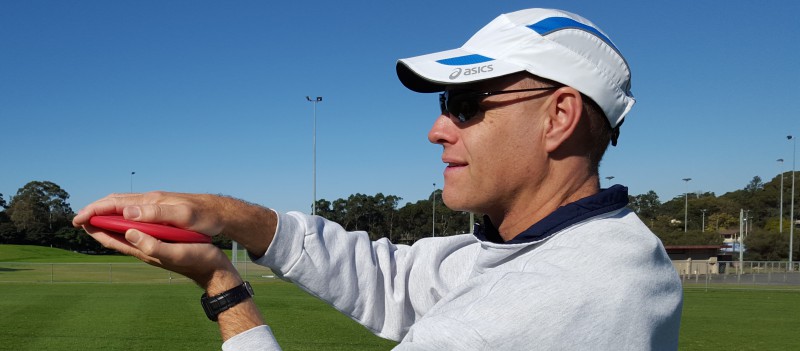Where Coaches Go Wrong When Young Athletes Struggle

Photo credit: Motortion from Getty Images Pro via Canva
“We will re-focus our efforts and knuckle down”.
This the stereotypical coach’s response when a young athlete is in a slump.
Surely training harder and focusing more is the answer?
Well no, it’s not.
I think that many coaches react in the wrong way when a young athlete in their charge is struggling.
They typically narrow the focus to work harder on the perceived “problem”.
I think that the opposite is more effective.
In many cases, coaches should relax, back off and diversify the program.
Work Smarter Not Harder
We need to investigate the likely cause of the athlete’s struggles before formulating a response. This is where some coaches may go wrong. They immediately think that the athletes struggles will be solved by working harder. They don’t consider the problem’s cause.
If we consider some typical causes of performance struggles, the coaching response seems obvious – and it isn’t to work harder.
Physical Or Mental Fatigue
The problem of an over-extended, over-committed or under-recovered athlete won’t be fixed by training them more or harder. This situation seems best dealt with by reducing the physical and mental stressors rather than increasing them. A break, a change or a relaxing of the volume and/or intensity of involvement may be all the child needs to re-charge, re-energise and rebuild their performances.
External Expectation
Unwanted external expectation is one of the biggest performance-killers. It crushes the passion and confidence of young athletes. Further increasing expectation by asking more of an athlete is a questionable response to slump. Backing off and decreasing the emphasis on the athlete’s performance, re-connecting the athlete with performing for the love of it, and ensuring that they are given some appropriate autonomy is more likely to release some pressure and successfully deal with the problem.
Over-Analysis
Over-analysis of a particular skill or performance can cause athlete paralysis. This is where the natural flow of a movement is interrupted by too much conscious thought. This is also considered to be a cause of an athlete “choking”. The coach’s response should be to soften the focus and distract the athlete. Getting an athlete to think harder and focus more on the problem may only cause the struggles to deepen.
Growth
A child’s “talent” can disappear overnight when they experience a growth spurt. After a period of sudden growth, their arms and legs no longer finish where they used to! This can really mess with their coordination. Suddenly they may appear clumsy and to have lost some skills. When bones are growing faster than muscles, the pressure on tendons increase and there is a real danger of a growth-related injury. Well-known hot spots are the patellar and Achilles tendons. Increasing training in response to poorer performances that have been caused by a growth spurt, risks athlete injury and a period on the sidelines. The coach needs to back off, relax and show some patience and remain positive in this situation. Diversifying the program to include some activities that don’t stress the joints can keep the athlete active and involved.
Under-Commitment
What if the athlete’s poorer performance are seen to be caused by them “slacking off” or being lazy?
If a young athlete really is “slacking off” or showing disinterest, it is often because they are not engaged or invested in the cause. It can even be a form of protest. Do we really think think that driving them harder will help?
No. It will most likely cause them to recoil and withdraw even more.
And if a “talented” athlete really is “lazy”, will amping up the training and and demanding more make them love the sport more?
No.
The Generalist Athlete Advantage
Finally, it is worth noting the advantage of having delayed specialisation in a sport, playing position or event for the child in a sporting “slump”. If things are not going well in one sport, playing position or event, they will have another to turn to. If a child has already specialised they have nothing else to turn to. Their entire sporting experience is in a slump. If for this reason only, delay sport specialisation.
Recommended Action
When faced with a young athlete whose performances are down for an extended period, don’t look at training harder as being the automatic solution. The answer may be to relax, back off and diversify.
I’d love to hear some of your own stories relating to this topic. Let me know by leaving a reply/comment or by using the contact details below.
Further reading
Bambi on ice? – No – just a mini growth spurt! by Working With Parents In Sport
If this post helped you please take a moment to help others by sharing it on social media. If you want to learn more I encourage you to leave questions and comments or contact me directly.
Darren Wensor is a sports development professional, coach educator, specialist coach of young athletes, and founder of the blog coachingyoungathletes.com. Learn more about him here and connect with him on Twitter, Facebook, Linkedin, or via email. Check out Coaching Young Athletes on YouTube, the Coaching Young Athletes podcast, and the Coaching Young Athletes E-Book Series.

